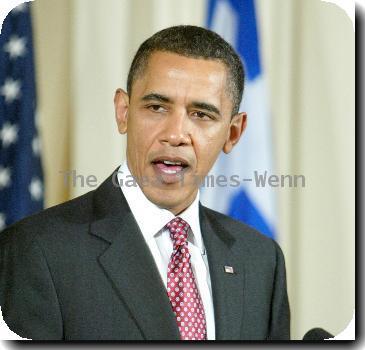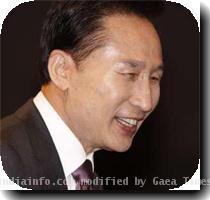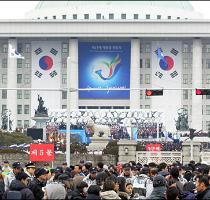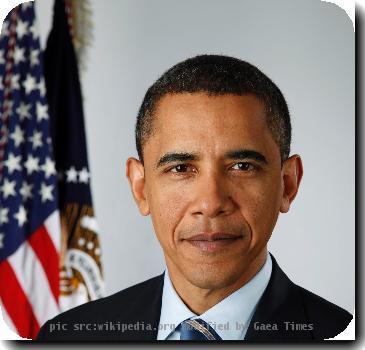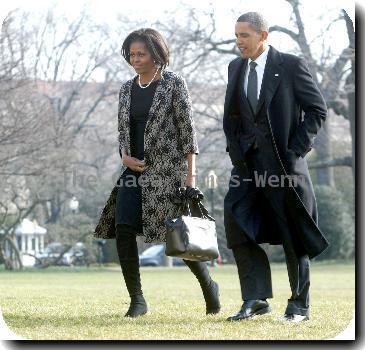SKorea resumes psychological warfare with Pyongyang over deadly warship sinking
By Hyung-jin Kim, APTuesday, May 25, 2010
Seoul resumes psychological warfare with Pyongyang
SEOUL, South Korea — South Korea resumed propaganda broadcasts into North Korea in response to a deadly torpedo attack that sank a South Korean warship, officials said Tuesday, amid a report that North Korea’s leader ordered troops to be ready for combat.
Renewing psychological warfare operations were among measures that South Korea announced Monday to punish Pyongyang for the March sinking of a navy warship that left 46 sailors dead.
The United States has thrown its full support behind South Korea’s moves to retaliate, which include slashing trade with the North and taking it to the U.N. Security Council.
China — North Korea’s main ally and aid provider — has so far, however, done little but urge calm on all sides. U.S. Secretary of State Hillary Rodham Clinton is in Beijing conferring with officials on a coordinated response. China’s top nuclear envoy, meanwhile, huddled with South Korean officials in Seoul.
South Korea’s military resumed radio broadcasts airing Western music, news and comparisons between the South and North Korean political and economic situations late Monday, according to the Joint Chiefs of Staff. The military also planned to launch propaganda leaflets Tuesday to inform North Koreans about the ship sinking.
In coming weeks, South Korea will also install dozens of propaganda loudspeakers and towering electronic billboards along the heavily armed land border between the two Koreas to send messages enticing communist soldiers to defect to the South.
The action, which ends a six-year suspension, is expected to draw an angry response from North Korea. The country’s military already warned Monday it would fire at any propaganda facilities installed in the Demilitarized Zone.
A North Korean monitoring group said Tuesday that North Korean leader Kim Jong Il last week ordered his 1.2 million-member military to get ready for combat, shortly after South Korea officially blamed his regime for the March 26 sinking of its warship Cheonan.
Seoul-based North Korea Intellectuals Solidarity, citing unidentified sources in North Korea, said in a report that the order was read by Gen. O Kuk Ryol, a Kim confidant, and broadcast on loudspeakers throughout the country Thursday, hours after the multinational report blaming Pyongyang was issued in Seoul.
South Korean officials could not immediately confirm the report. The Defense Ministry and the Joint Chiefs of Staff said they have not obtained any signs suggesting unusual activity by North Korea’s military.
North Korea has steadfastly denied any role in the ship’s sinking, although international investigators concluded last week that a torpedo from one of its submarines tore apart the Cheonan in South Korea’s worst military disaster since the 1950-53 Korean War.
South Korean President Lee Myung-bak said in a nationally televised speech Monday that it was another example of “incessant” provocation by North Korea, including a 1987 bombing of a South Korean airliner that claimed 115 lives.
“North Korea will pay a price corresponding to its provocative acts,” Lee said in a solemn speech at the War Memorial.
The two Koreas are still technically at war because their 1950-53 conflict ended with an armistice, not a peace treaty. The truce prohibits South Korea from waging a unilateral military attack, so Seoul sought to strike at Pyongyang’s faltering economy.
Despite their rivalry, South Korea has been Pyongyang’s No. 2 trading partner with $1.68 billion in trade in 2009, or about 33 percent of the North’s total, according to the Korea Trade-Investment Promotion Agency.
South Korea said it will stop buying shellfish, seafood products, sand and other products and deny permission to North Korean cargo ships to pass through South Korean waters. Those measures will cost North Korea about $200 million a year, said Lim Eul-chul, a North Korea expert at South Korea’s Kyungnam University.
President Barack Obama’s administration endorsed Lee’s demand that North Korea both apologize for the attack, punish those responsible and cease such provocations.
U.N. Secretary-General Ban Ki-moon said Monday he expects the Security Council to take action against North Korea, calling the evidence that the North was responsible “overwhelming and deeply troubling.”
The U.S. and South Korea are planning two major military exercises off the Korean Peninsula in a display of force intended “to deter future aggression” by North Korea, the White House said.
The U.S. has 28,500 troops in South Korea — a major sore point for the North — as well as 47,000 troops in Japan.
Associated Press writers Jean H. Lee, Sangwon Yoon and Kelly Olsen in Seoul, John Heilprin at the United Nations, Matthew Lee in Beijing, and Ron Powers and Julie Pace in Washington contributed to this report.
Tags: Accidents, Asia, Barack Obama, Beijing, China, Contracts And Orders, East Asia, Greater China, High School Basketball, High School Sports, Korea, Lee Myung-bak, North America, North Korea, Pyongyang, Seoul, South Korea, Sports, Transportation, United States
